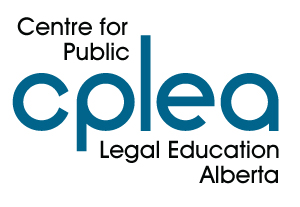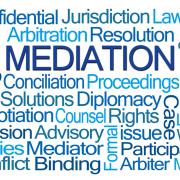The society providse services that support the resolution of concerns in our community by helping our community members to communicate concerns and resolve conflict respecfully.
Often it is preferable to resolve conflicts or disagreements outside of the court system. There are a variety of formal ways to do this. Two of the most common are mediation and arbitration. The organizations listed below may be able to help you with alternative dispute resolution. You may also want to see the section on Complaint and Advocacy.
For additional resources about alternative dispute resolution, see the topic: Mediation and alternative dispute resolution
CPLEA Suggested Resources
Not sure where to begin finding answers to your questions. Get started with our suggested resources. See additional resources below for more information.
Alberta Resources
Canada/Federal
The ADR Institute of Canada (ADR Canada) is a national non-profit organization that provides national leadership in the development and promotion of dispute resolution services in Canada and internationally. "ADR Connect" is provided to assist in locating an ADR professional. This website allows visitors requiring the services of a qualified mediator to quickly identify suitable professionals to help settle their dispute. Users can search by locality, qualifications, background/case experience and date availability. ADRWeb.ca is intended to promote the practices of Canada's growing community of dispute resolution professionals, but also to expedite the scheduling process for those individuals & organizations that regularly require mediators.
From the website of the Canadian Judicial Council, this section talks about how litigation (starting a legal action and having your case heard in court) is only one way to resolve a dispute. You can resolve your dispute with or without the involvement of lawyers and without using the court system. These methods are called “alternate dispute resolution” (ADR).
The Commission's business is to make the Canadian Human Rights Act work for the benefit of all Canadians. There are three main aspects to its work: To provide effective and timely means for resolving individual complaints; To promote knowledge of human rights in Canada and to encourage people to follow principles of equality; and to help reduce barriers to equality in employment and access to services. Their website includes sections with publications and frequently asked questions.The Commission provides dispute resolution services in cases of alleged discrimination by federally regulated organizations, including employers, unions and service providers. This online resource addresses issues such as alternative dispute resolution and the dispute resolution process.
The Canadian Motor Vehicle Arbitration Plan (CAMVAP) is a program where disputes between consumers and vehicle manufacturers about alleged manufacturing defects or implementation of the manufacturers' new vehicle warranty can be put before a neutral third party (arbitrator) for resolution. Links to an overview of the CAMVAP arbitration process. From the homepage, an introduction to CAMVAP is available in several languages.
The Collaborative Family Law Process is about cooperation, not confrontation where clients sign a contract agreeing not to go to court. It is mediation and problem solving with collaborative lawyers where clients try to understand each other. Each client is responsible for information gathering and solutions. This website features general information about collaborative law (definitions, process, resources) and a list of collaborative law professionals in Alberta.
Family Mediation Canada is an interdisciplinary association of lawyers, social workers, human services and health care professionals, working together, creating a better way to provide for co-operative conflict resolution relating to separation and divorce, adoption, child welfare, wills and estates, parent/teen and age-related issues, etc. FMC was established in 1985 as a charitable, not-for-profit association under the Canada Corporations Act. FMC also provides information and referrals to Family Mediators across Canada.
Located at York University’s Osgoode Hall Law School, Toronto, Ontario the Institutes mandate is to pursue innovation and excellence in alternative dispute resolution and to advance accessible justice in Ontario, Canada and internationally.









Follow CPLEA